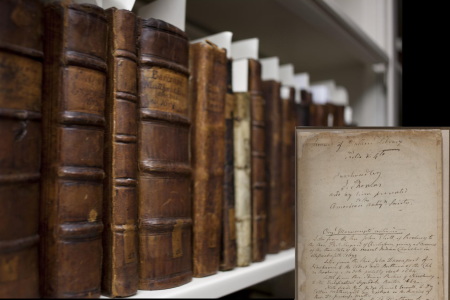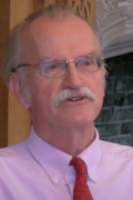
American Antiquarian Society
185 Salisbury Street
Worcester, MA 01609
United States
AAS was intended to play a critical role in promoting the future progress of the new American nation’s epochal experiment in republican government. Founder Isaiah Thomas and his colleagues were convinced that the success of that experiment depended on comprehensively collecting any evidence—from Indian antiquities and other “curiosities,” portraits, maps, manuscripts, and anything in print—that would illuminate the life of present as well as past for their future successors. The American Antiquarian impulse was cosmopolitan and progressive, eschewing the didacticism and patriotic exceptionalism of nationalist historiography and so anticipating the contemporary turn toward scientific, “objective” accounts of social and cultural development. At the same time, Thomas and his coadjutors participated in, and were profoundly influenced by, the astonishing transformation in their own world resulting from the diffusion of knowledge in the “print public sphere” and the democratization of the Enlightenment “republic of letters.”

Peter S. Onuf is the Thomas Jefferson Memorial Foundation Professor of History Emeritus at the University of Virginia. He retired in 2012 after teaching at the University of Virginia for more than twenty years. Onuf is also senior fellow at Monticello’s Robert H. Smith International Center for Jefferson Studies. A leading scholar of Thomas Jefferson and the early American republic, Onuf is the author, co-author, and editor of numerous books, including (as author) Jefferson’s Empire: The Language of American Nationhood (2001), The Mind of Thomas Jefferson (2007), and (as editor) Jeffersonian Legacies (1993). He was also a co-host with Brian Balogh and Edward Ayers of the weekly public radio program and podcast Backstory with the American History Guys. This year he is the AAS-Mellon Distinguished Scholar in Residence.

